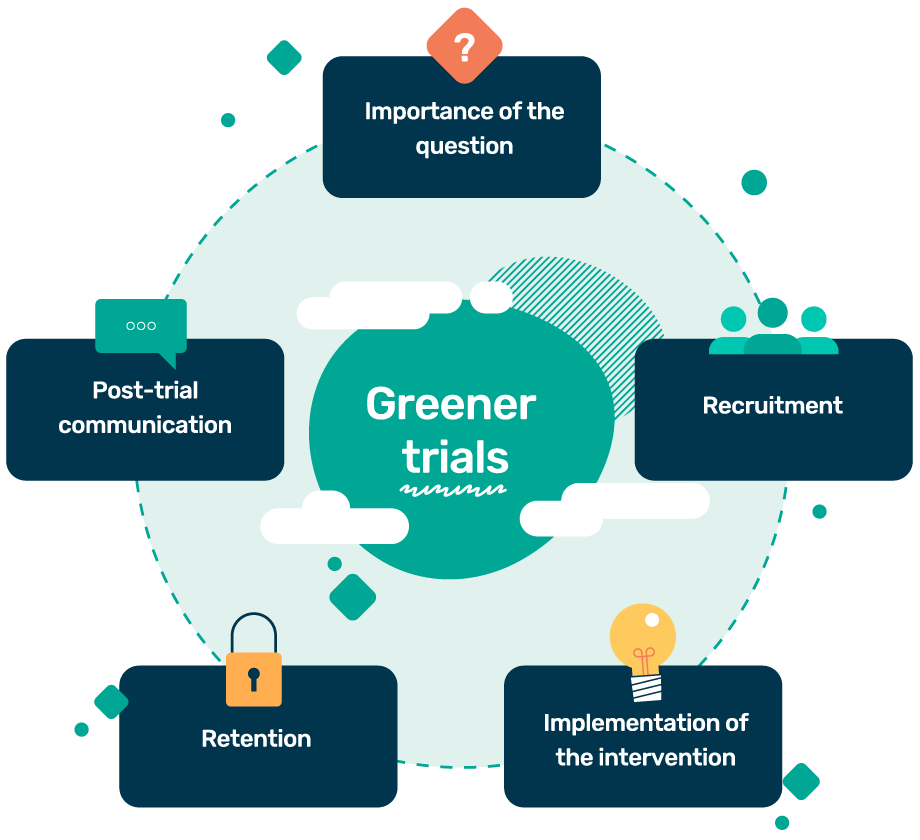Improving health by improving research
About BOOST
Our vision is to improve health by transforming the design and delivery of clinical trials through the development of innovative interdisciplinary behavioural optimisation methodology that will allow trials to deliver more robust patient focussed findings.

Background
Clinical trials are the main scientific way we compare treatments in order to show which is better.
By ‘treatment‘ we could mean a drug, or an operation, a device (e.g. a catheter) or a physical or psychological therapy. Millions of patients take part in clinical trials every year. Clinical trials often ask people (patients or healthcare professionals) to do something different to what they would normally do e.g. take a new tablet for a patient or for a doctor talk to their patient about taking part in a clinical trial.
Performing, or not performing, these tasks well can impact on the overall success of the clinical trial. If people don’t perform these tasks as well as they might, this can lead to clinical trials not performing as well as they might (and in some cases may lead to the clinical trial failing) which is both a waste of money and also a waste of the time and effort the patients and staff have put into them. These tasks are known as “behaviours” – they all involve doing something.

Applying behavioural science
It is possible to identify relevant behaviours at every stage of a trial, from set up and recruitment through all stages of delivery, and to optimise them so that the running of the clinical trial could be improved.
This is the aim of this programme of research. It will use behavioural science – the academic study of behaviour and behaviour change – to help shed light on behaviours in clinical trials and help improve how clinical trials are done.

The research has three key phases:

Behaviours
Identify which key steps involved in delivering a clinical trial include behaviours. During this first phase we will also look for existing research to see whether and how other researchers have analysed problems in trials before using this behavioural perspective and explore whether behavioural science can be applied to existing evidence on challenges to trial design and delivery.

Methods
Develop methods to help identify behaviours in trials that are creating problems (e.g. clinical staff not recruiting patients or people not returning a questionnaire) and provide solutions to help address them. We will work with clinical trials that are about to or have recently started. In these clinical trials we will investigate ways of identifying problems using behavioural approaches, for example by using surveys and interviews that can help identify what makes a particular behaviour easy or more difficult. We will then use this information to help develop behaviourally framed solutions to target the problem.

Tools
Develop research tools to help clinical trial teams identify behaviours in their own trials and provide guides on how they can improve them. We will make these tools freely available and present them with a ‘how to’ guide such that other teams know how and when to apply them in their studies to make improvements. To encourage the uptake of this approach globally, we will develop a network of researchers interested in this area and provide opportunities for learning, sharing experiences, and further research.
Trial process areas of focus
- Importance of question/what question is needed?
- Recruitment
- Implementation of intervention within the trial
- Retention
- Post-trial communication and dissemination to relevant parties
- Greener trials
